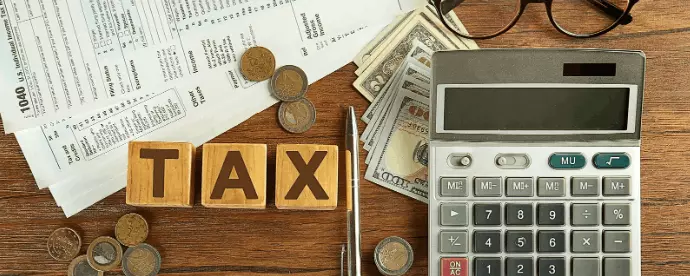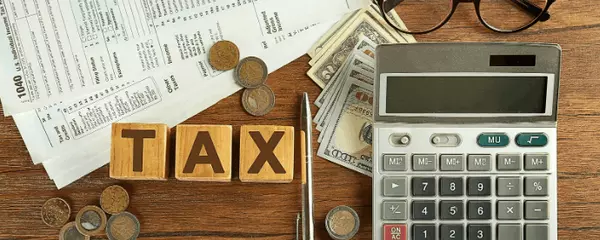Understanding Property Taxes in La Plata County: What Buyers and Sellers Should Know

When buying or selling a home, property taxes are one of those details that can sneak up on you—but they shouldn’t. Understanding how property taxes work in La Plata County can help you make smarter decisions and avoid surprises at closing.
Whether you’re a first-time buyer, a seasoned investor, or preparing to sell, here’s what you need to know about how property taxes impact real estate in Durango and surrounding communities.
1. How Property Taxes Are Calculated
In Colorado, property taxes are based on the assessed value of your home and the local mill levy (a rate set by county and district authorities).
Here’s a simple breakdown:
Assessed Value × Mill Levy = Property Tax Amount
Your home’s assessed value is a percentage of its market value, which is determined by the La Plata County Assessor’s Office. Because tax rates vary depending on location and special districts (like schools or fire protection), two homes in different parts of the county can have different tax bills—even if they’re worth the same amount.
2. What Buyers Should Know
Before you fall in love with a home, take a look at the property tax history. It’s an important part of understanding your monthly housing costs and overall budget.
A few tips:
-
Ask your agent or lender to include estimated taxes in your mortgage projections.
-
Keep in mind that taxes may increase after you buy, especially if the home’s market value has gone up.
-
Homes in certain areas may also include additional special district taxes—so always review the full estimate.

3. What Sellers Should Keep in Mind
When selling your home, you’ll typically be responsible for paying your portion of the year’s taxes up to the closing date. If you’ve already paid them in full, you’ll receive a credit back at closing.
It’s also worth noting that property tax history can affect how buyers view your home’s affordability—so it’s helpful to have clear, accurate information available during showings or listing presentations.
4. Staying Informed
La Plata County updates property values every two years, and homeowners receive a notice of valuation each spring. If you think your assessed value is too high, you have the right to appeal. Staying informed about these updates can help you anticipate changes in your tax bill and plan ahead.
💬 Buying or selling in La Plata County?
I help my clients understand every part of the process—including property taxes—so they can make confident, informed decisions. Let’s talk about your next move in Southwest Colorado.
📞 Michelle Brown – Blackmore Group Real Estate
Your Southwest Colorado Real Estate Expert
Recent Posts










Leave a reply

